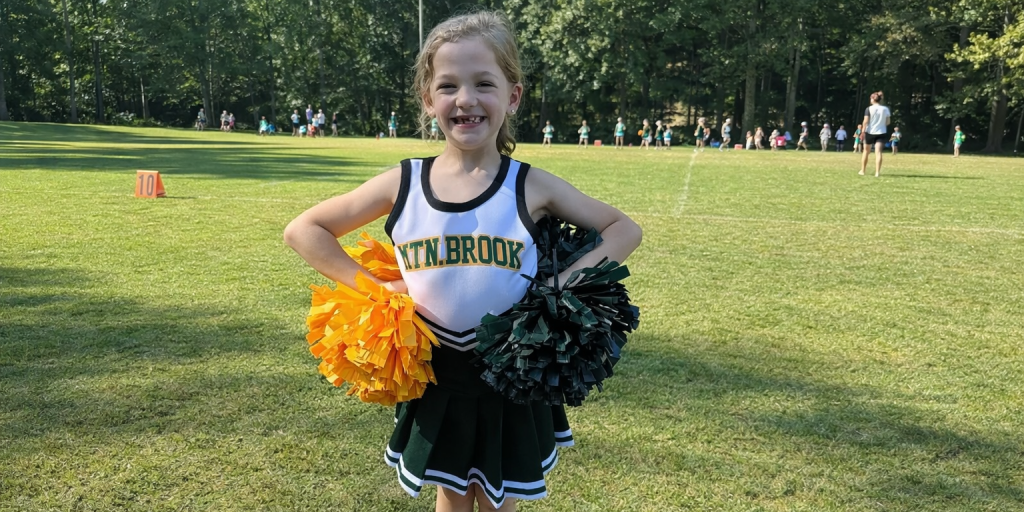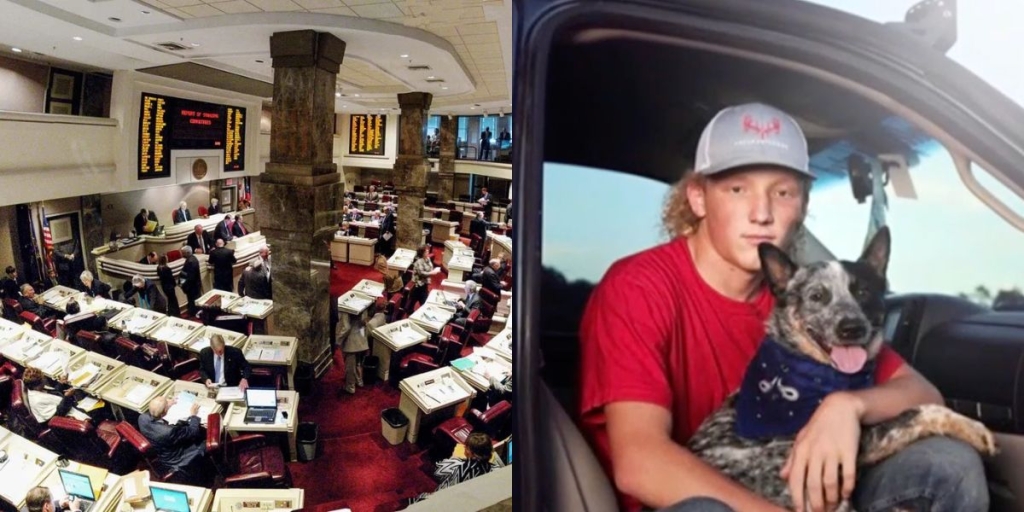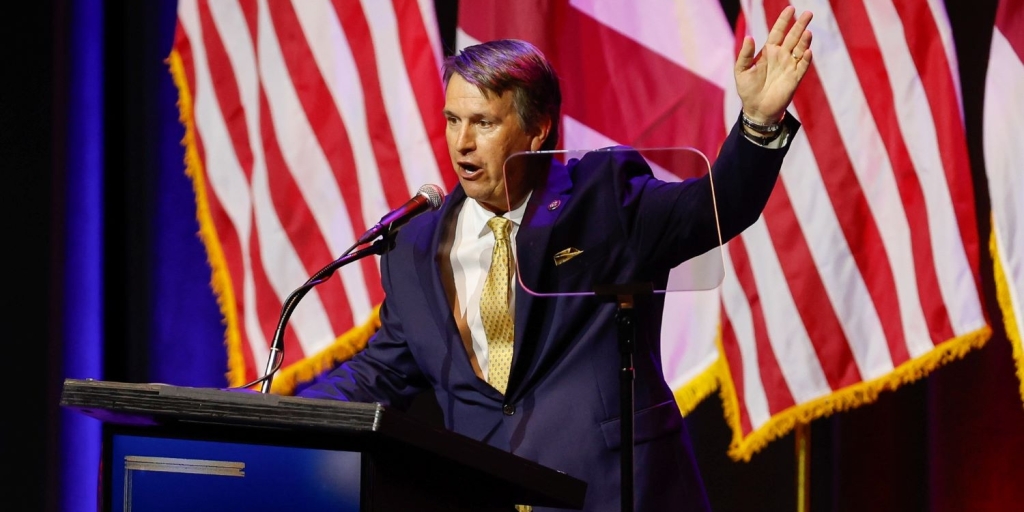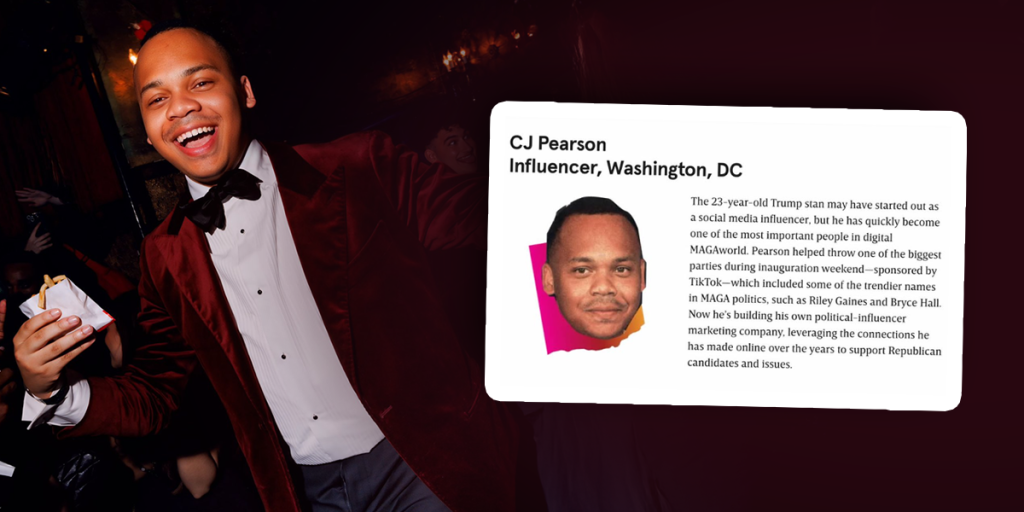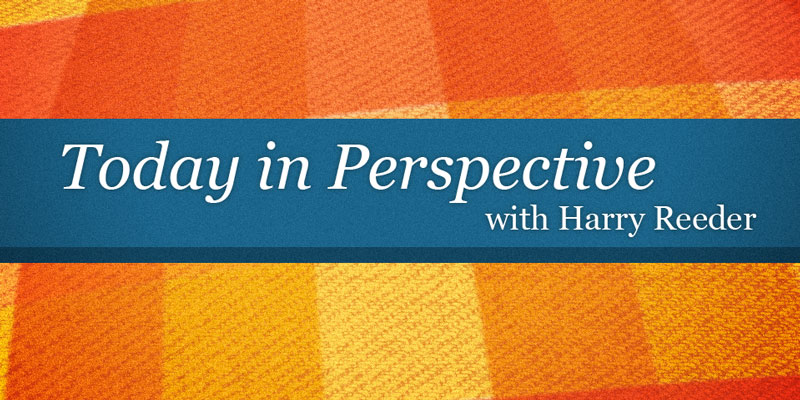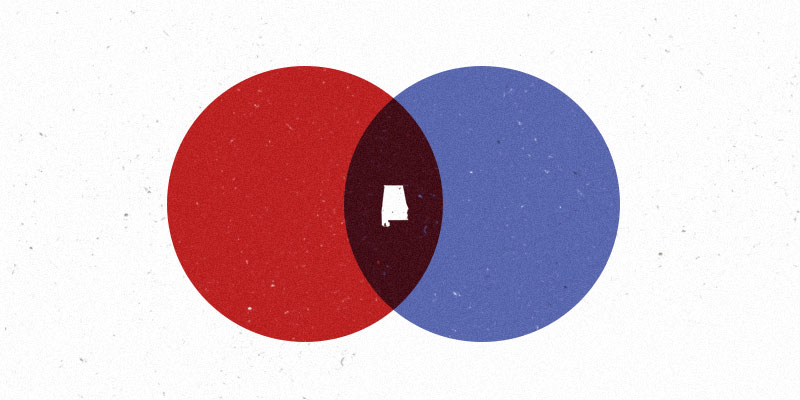
Quin Hillyer, my longtime friend and on-again, off-again colleague, wrote last week in this space that “Alabama’s governing systems are a collective mess.”
The same can be said for our culture — both in the United States generally and Alabama, specifically.
Alabamians have repeated the old joke, “Thank God for Mississippi,” so many times that they forget its origin. And they have endured the litany of statistics even more frequently. Everything that should be down is up; everything that should be up is down.
The state’s divorce rate ranks in the top 10. It also has among the 10 highest teenage birth rates, clocking in at 30.1 births per 1,000 women ages 15 to 19 in 2015.
Same goes for poverty. With an average of 16.8 percent of the population living in poverty from 2014 through 2016, Alabama ranks as eighth-poorest, according to the Census Bureau.
A combination of poverty, divorce and neglected children has produced some tragic results. Alabama’s murder rate of 8.4 per 100,000 residents in 2016 trailed only Louisiana and Missouri, according to the FBI Uniform Crime Report released in September.
Going hand-in-hand with crime is incarceration. Despite concerted efforts for years to reduce chronic overcrowding, the state still has the third-highest share of its citizens locked up behind bars, according to the Bureau of Justice Statistics. Those absent citizens — mostly men — help contribute to a cycle that repeats itself over and over.
It’s not just Alabama. To some extent, all 50 states and the District of Columbia struggle from this troubling trend. Nationally, the labor-force participation rate has been sinking or flat for more than a decade — despite the ongoing recovery from the Great Recession. Look at the drug overdose epidemic, which is far more severe in many states than in the Heart of Dixie.
You can see it in our politics and on our university campuses. Students at college after college seem to be competing with one another to see who can produce the most absurd list of demands built around not having to be exposed to contrary ideas. Terms like “microagression,” “trigger words” and “snowflakes” have made a fast transformation from joke to mainstream.
It is at the intersection between politics and the culture where I hope to contribute to the conversation. I will write plenty of politics, but a lot, also, about the culture — things that are not overtly political. Because the thing is — politics and the culture affect each other.
My background in Alabama dates to 2000, and my experience in journalism stretches back even further. I covered courts and politics for 15 years at the Press-Register and AL.com in Mobile. For the past two years, I have covered national politics as a senior political reporter at LifeZette.com.
I come at this as a conservative and a reporter, but as a reporter first. Don’t expect cheerleading. Conservative readers are served best by knowing how things actually are, not by pretending they are as they wish them to be.
Brendan Kirby is senior political reporter at LifeZette.com and a Yellowhammer contributor. He also is the author of “Wicked Mobile.” Follow him on Twitter




